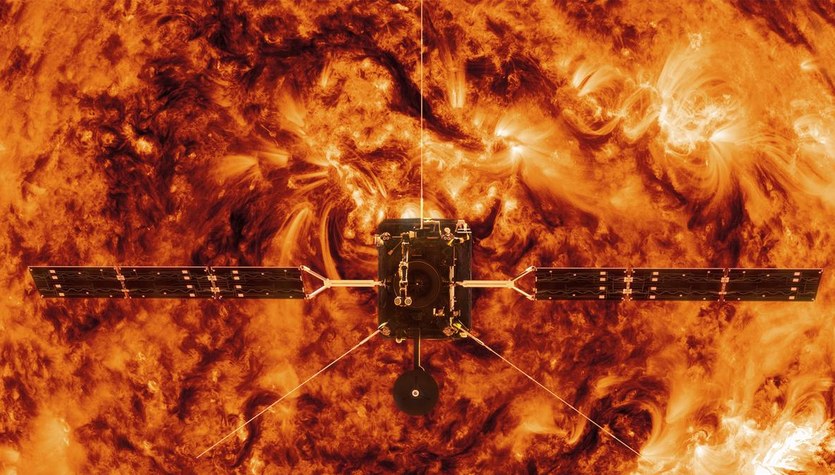The author of this concept is Professor João Pedro de Magalhães from the University of Birmingham. He called it the longevity bottleneck hypothesis. This hypothesis, detailed in the journal BioEssays (DOI: 10.1002/bies.202300098), links the role that dinosaurs played for more than 100 million years to the aging process of mammals.
It’s all because of dinosaurs
The concept can be summarized in a few sentences. When dinosaurs ruled the Earth, smaller mammals had to be able to reproduce quickly in order to survive. Therefore, genes ensuring longer lifespan were lost or inactivated as evolution progressed.
“Some of the first mammals were forced to live at the bottom of the food chain and spent millions of years during the age of dinosaurs, evolving to survive through rapid reproduction,” says de Magalhaes. “I think this long period of evolutionary pressure has an impact on the way we age,” he asserts.
According to the author, this hypothesis may shed more light on the evolutionary forces that have shaped mammalian aging processes for millions of years. Although humans live relatively long lives compared to other species, there are many reptiles and other animals whose aging processes are much slower. These species show minimal signs of aging throughout their lives.
Longevity lost
The published work indicated that our ancient ancestors lost some enzymes, so-called photoenzymes, that repair damage caused by ultraviolet radiation. We lack at least one of the three enzymes that repair damage caused by UV radiation. It is difficult to say whether this has anything to do with short lifespan. The loss of this enzyme may be due to mammals becoming nocturnal to stay safe. Millions of years later, we compensate for this by using sunscreen.
The publication also provides other examples, such as teeth. Some reptiles, including crocodiles, can grow teeth throughout their lives. People don’t do that. This may have occurred as a result of genetic selection dating back hundreds of thousands of years.
-We see examples of truly remarkable reform and renewal in the animal world. This genetic information was probably unnecessary for early mammals, which were lucky not to become food for T. rex. Although we now have many mammals, including humans, whales and elephants, that grow large and live long, we and these mammals live with the genetic constraints of the Mesozoic era and age much faster than many reptiles, Dee points out. Magalhaes.
A better understanding of the factors behind aging could be useful in the fight against age-related diseases, including dementia and stroke, and the genetics behind the ‘longevity bottleneck’ may teach us more.
“Although this is just a hypothesis at this stage, it can be looked at from many interesting angles, including the perspective that cancer is more common in mammals than in other species due to our evolutionary history,” de Magalhaes said.

Echo Richards embodies a personality that is a delightful contradiction: a humble musicaholic who never brags about her expansive knowledge of both classic and contemporary tunes. Infuriatingly modest, one would never know from a mere conversation how deeply entrenched she is in the world of music. This passion seamlessly translates into her problem-solving skills, with Echo often drawing inspiration from melodies and rhythms. A voracious reader, she dives deep into literature, using stories to influence her own hardcore writing. Her spirited advocacy for alcohol isn’t about mere indulgence, but about celebrating life’s poignant moments.







